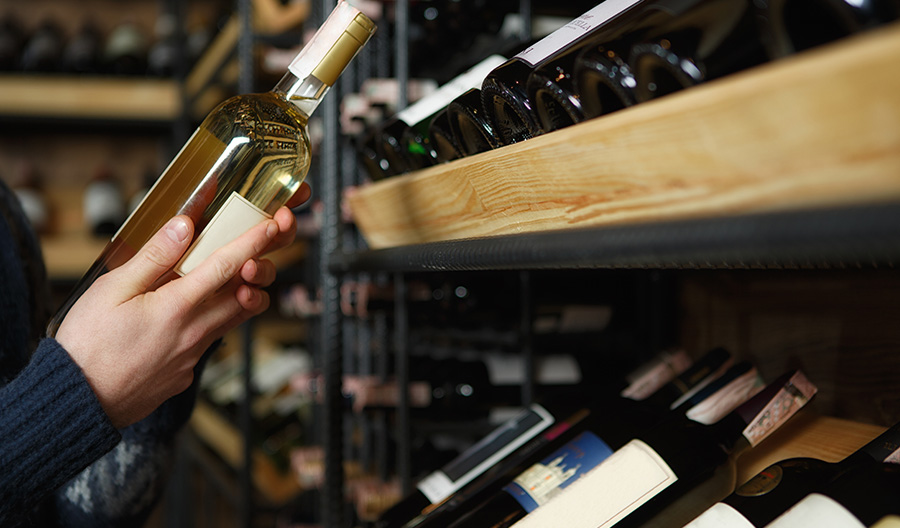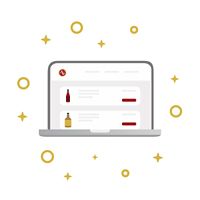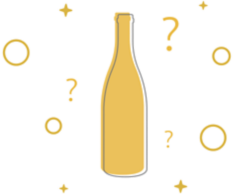In the dynamic world of wine retail, where every bottle tells a unique story and every vintage has its tale, boosting sales is an art as nuanced as the wines on your shelves. As a wine shop owner or manager, you understand that the key to success lies not only in curating an exceptional selection but also in creating an enticing shopping experience that captivates customers and encourages them to explore beyond their familiar favorites. In this guide, we'll look at proven strategies and creative approaches to elevate your wine shop sales, turning casual patrons into loyal enthusiasts. From enhancing the in-store ambiance to leveraging digital platforms.
Quick Statistics:
Over 90% of consumers consider the price as the most important factor when purchasing wine.
Approximately 60% of wine shoppers are willing to try new brands or varieties.
Over 50% of wine consumers are influenced by in-store tastings.
About 70% of wine buyers are influenced by wine ratings and reviews.
Nearly 65% of wine consumers consider the label design when choosing a wine.
Over 30% of wine consumers are willing to pay more for organic or sustainably produced wines.
What strategies have been successful for other wine shops?
One successful strategy employed by many wine shops is to offer wine tastings. These events not only attract customers to the store but also allow them to try a variety of wines they might not have otherwise considered. This can lead to increased sales of bottles that were featured during the tasting. Another strategy is to provide knowledgeable and friendly staff. Customers often come into wine shops looking for recommendations. If the staff is well-trained and able to provide insightful suggestions, customers are more likely to make a purchase and return in the future.
Creating a loyalty program can also boost sales. This could include offering discounts on certain wines after a certain number of purchases or providing exclusive offers to members. This encourages repeat business and can increase overall sales. Offering a wide variety of wines is another successful strategy. This includes not only different types of wine but also wines at different price points. This ensures that there is something for everyone, regardless of their budget or taste preferences.
Hosting special events, such as wine and food pairing classes or meet-the-winemaker events, can also increase sales. These events provide an experience for customers, making them more likely to make a purchase. Lastly, effective merchandising is key. This includes everything from the layout of the store to the design of the labels on the bottles. A well-merchandised store is more inviting and can encourage customers to explore and ultimately, make a purchase.
What are the current trends in selling wine?
One of the current trends in selling wine is the rise of online sales. With the advent of the pandemic, many consumers have shifted to buying their wine online, either from online retailers or directly from wineries. This trend is expected to continue even after the pandemic, as consumers have discovered the convenience and variety of online shopping.
Another trend is the growing popularity of organic and biodynamic wines. These wines are made from grapes grown without the use of synthetic fertilizers, pesticides, or other chemicals. Many consumers are attracted to these wines because they are perceived as healthier and more environmentally friendly. Offering a selection of organic and biodynamic wines can attract these consumers to your shop.

Premiumization is also a significant trend in the wine industry. This refers to consumers' willingness to pay more for high-quality wines. Many wine drinkers are becoming more knowledgeable and discerning, and they are willing to spend more on wines that offer a unique or superior taste experience. Offering a selection of premium wines can help to attract these consumers.
Experiential retail is another trend that is changing the way wine is sold. This involves creating a unique and engaging shopping experience that goes beyond simply selling a product. This could involve offering wine tastings, hosting wine education classes, or even creating a wine club. These experiences can help to create a loyal customer base and boost sales.
Sustainability is becoming an increasingly important factor in consumers' wine-purchasing decisions. Many consumers are looking for wines that are produced sustainably, with minimal impact on the environment. Offering a selection of sustainable wines, and communicating their sustainability credentials, can help to attract these consumers.
What are the purchasing habits of wine consumers?
Wine consumers are a diverse group, but certain purchasing habits are prevalent among them. One of the most significant is the importance of price. Many wine consumers are price-sensitive and often consider the cost of a bottle before its origin or grape variety. They are more likely to purchase wines that offer good value for money, rather than simply opting for the most expensive bottle. These consumers also tend to be influenced by recommendations. Whether it's a suggestion from a friend, a high rating in a wine review, or a recommendation from a wine shop employee, consumers often rely on others' opinions when making their wine selections. This is particularly true for less experienced wine drinkers who may not feel confident in their ability to choose a good bottle.
Another common purchasing habit of wine consumers is exploration. Many enjoy trying new varieties, regions, and styles of wine. This adventurous spirit can be seen in the popularity of wine-tasting events and wine clubs, which offer consumers the opportunity to sample a range of different wines. Brand loyalty also plays a role in wine purchasing habits. Once consumers find a wine brand they enjoy, they often stick with it, especially if it consistently delivers high quality. This is particularly true for mid-range and premium wines, where consumers expect a certain level of quality and consistency.
Packaging is another factor that influences wine purchasing habits. A well-designed label can attract attention and convey a sense of quality and sophistication. Consumers also appreciate practical packaging features, such as screw caps and boxed wines, which offer convenience and longevity. The purchasing habits of wine consumers are increasingly being shaped by environmental considerations. Many consumers are opting for organic, biodynamic, and sustainably-produced wines, reflecting a growing awareness of and concern for the environmental impact of wine production.
How can the use of digital marketing boost wine shop sales?
Digital marketing can significantly boost wine shop sales by expanding the shop's reach beyond its physical location. By creating a strong online presence, wine shops can attract customers from different regions, cities, or even countries. This can be achieved through a well-designed website, which not only showcases the shop's wine selection but also provides valuable content such as wine pairing tips, tasting notes, and information about the wineries.
Social media platforms are another powerful tool in digital marketing. By regularly posting engaging content, wine shops can interact with their followers, build relationships, and foster a sense of community. This can lead to increased customer loyalty and repeat purchases. Additionally, social media platforms offer targeted advertising options, allowing wine shops to reach potential customers based on their interests, behaviors, and demographics.
Email marketing is another effective digital marketing strategy. By collecting email addresses from customers and website visitors, wine shops can send personalized recommendations, promotional offers, and updates about new arrivals or events. This keeps the shop at the top of customers' minds and encourages them to make purchases. Digital marketing also allows for data-driven decision-making. By using tools like Google Analytics, wine shops can track their online performance and gain insights into their customers' behavior. This can help them understand what works and what doesn't in their marketing efforts, allowing them to make informed decisions and continuously improve their strategies.

